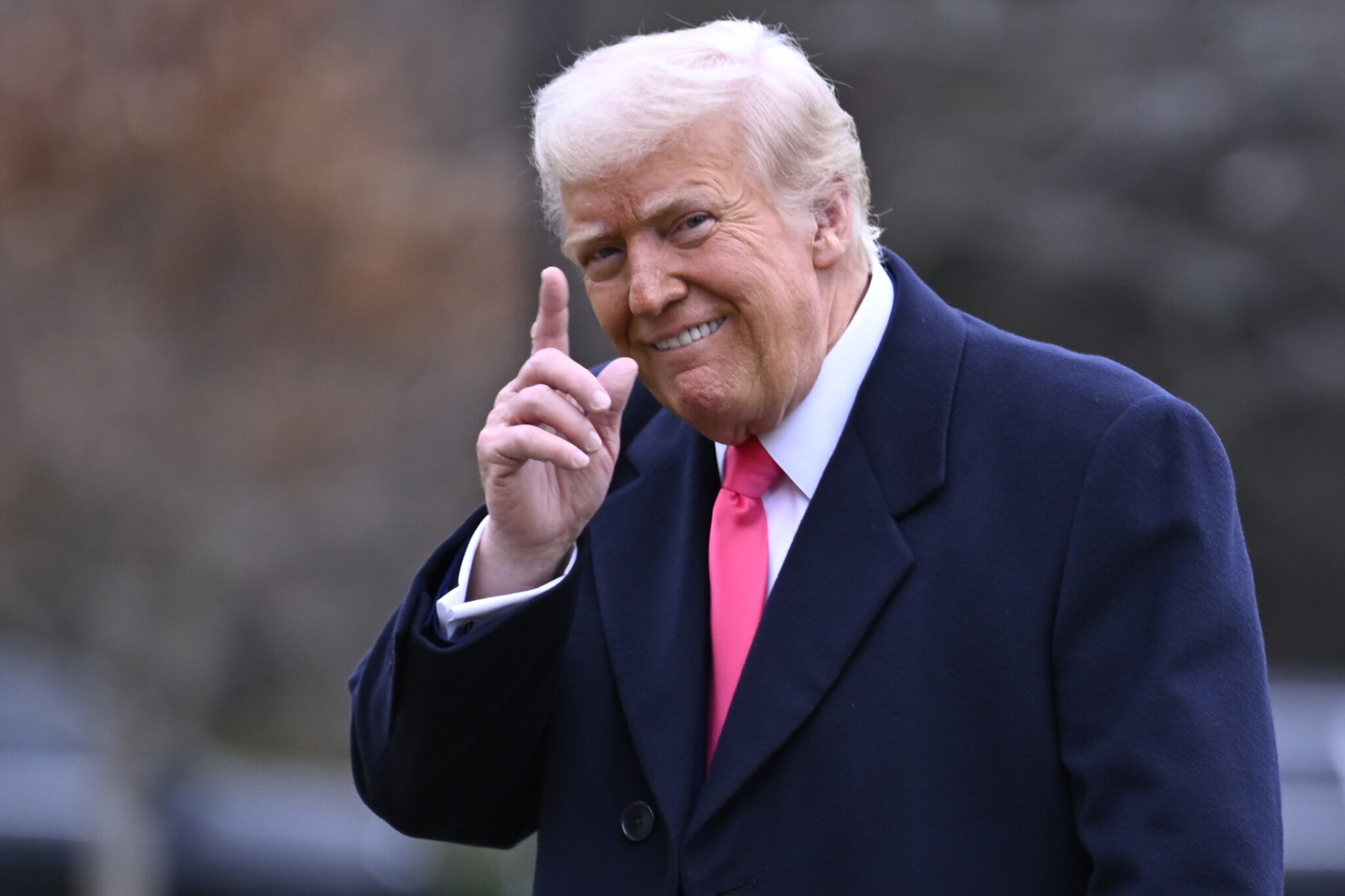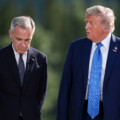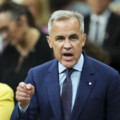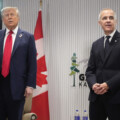What will be the defining issue in the upcoming federal election: judging the Liberal decade, or protecting Canada from Donald Trump?
If it’s the former, Conservative leader Pierre Poilievre should win that election, despite the recent Liberal surge in the polls. But if Trump is the defining issue, Mark Carney could entrench his whirlwind transformation from private citizen to Liberal prime minister.
It is impossible to understate the galvanizing effect Carney has had on this country’s politics. Only two months ago, Poilievre seemed virtually certain to become prime minister. Now it’s anybody’s guess who will govern after the vote.
People who were less than enamoured of Poilievre, but preferred him—preferred anyone—to Justin Trudeau have come back to the Liberal fold, at least for now. But, will they stay? That depends on how Carney performs as a politician in the weeks ahead.
As the former central banker of Canada and England, with extensive experience in the private financial sector, Carney clearly impresses many Canadians as best qualified to protect Canada from the American president, who muses about annexing Canada when he’s not thinking up new tariffs to announce.
Carney happily reinforces that message by accusing Poilievre of being an acolyte of the president, claiming, “A person who worships at the altar of Donald Trump will kneel before him, not stand up to him.”
The charge is as spurious as Liberal claims that Conservatives would eliminate abortion access in Canada, or that they would allow guns to flood Canada’s streets. But those two canards proved effective in past election campaigns. Carney’s accusation that Poilievre would cave to Trump could work equally well in the next campaign.
In truth, every major political party has essentially the same response to the new American threat. Everyone seems to support counter-tariffs in response to the American tariffs. Everyone appears to want to reduce or eliminate non-tariff barriers to internal free trade. Everyone promotes and celebrates national unity in the face of this crisis.
But at the moment, many believe that Carney is best qualified to deal with that crisis. If the ballot question hinges solely on who can best protect Canada from Trump’s tantrums, Carney may well prevail. Yet there is, or should be, much more on the agenda.
After all, the Liberals are seeking a fourth term in government, after some pretty substantial policy failures: inflation, interest rates, housing prices, foreign students and workers, and loss of productivity.
It is a testament to the Liberal record that Carney is now pilfering from the Conservative platform by promising to eliminate the consumer carbon tax and halt a planned increase in the capital gains tax while capping the size of government and the public service. (Poilievre would substantially reduce both.)
But while Carney is offering policies that many fiscally conservative voters could support, are the Liberals to be exonerated from the failures and fumbles of the last nine-and-a-half years, simply because they changed leaders? The answer may be yes. That’s how much Trump frightens Canadians.
But election campaigns take unexpected twists and turns. It would be a brave soul who predicted with confidence the result of the federal vote, whenever it is held.
Whoever wins, Canada faces a future marked by hard choices. Just about every political leader agrees on the need for the country to strengthen its internal economic union while lessening its centuries-long dependence on easy access to the U.S. market. Just about everyone agrees that the time has come to invest seriously in the nation’s defence.
The next government will be looking across both the Atlantic and the Pacific in search of new customers and new forms of collective security while attempting to ward off the actions and insults coming from Washington.
In that sense, voting based on who can best handle Trump, or in judgement of the Liberal record, may be voting for the wrong thing. The real ballot question should be: which political party and leader is best qualified to keep the country united and prosperous in the face of great and certain adversity?
In answer to that question, Poilievre can offer two decades of experience as a federal politician, while Carney can point to his effective performance during both the financial crisis of 2008-09 and the Brexit imbroglio.
Both men have powerful resumes. The next federal election will not only be the most important in many years, it will also be the most interesting.










